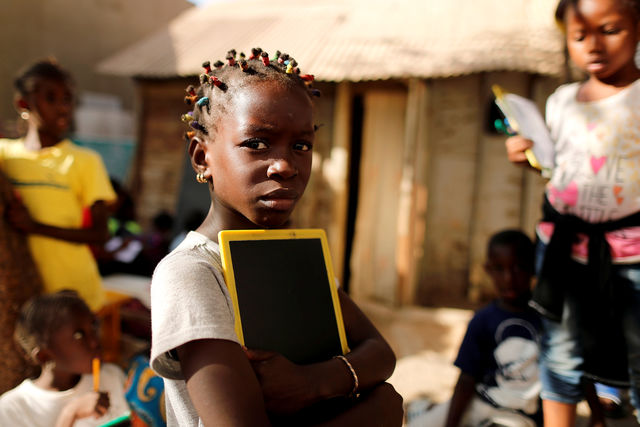When a child drops out of school, the immediate consequence seems obvious—missed academic milestones. But what many fail to see are the hidden, long-term effects that ripple through the rest of their life. In Nigeria, where the dropout rate is rising in both rural and urban areas, the real cost is far deeper than poor grades.
1. Economic Consequences
Dropping out drastically reduces a young person’s earning potential. Studies have shown that individuals without a secondary education are more likely to remain in low-paying, unstable jobs. For a nation battling unemployment and underemployment, this becomes a societal issue, not just a personal one.
2. Emotional and Psychological Impact
Children who drop out often carry a deep sense of failure or shame. Many struggle with anxiety, depression, and low self-esteem, especially if they see their peers moving forward while they feel left behind. Without the right support, these wounds can last well into adulthood.
3. Increased Vulnerability to Exploitation
Out-of-school youth are more likely to fall prey to child labor, trafficking, gang involvement, or early marriage. These are not just possibilities—they’re realities for thousands of Nigerian children.
4. The Burden on the Family and Community
When a child drops out, the weight doesn’t rest solely on their shoulders. Families often feel the shame or guilt of not “doing enough.” Communities lose future leaders, thinkers, and problem-solvers.
5. It’s Not Just About Books
Education is not just about academics; it’s about structure, social interaction, and character formation. A child who drops out misses critical lessons in discipline, emotional regulation, teamwork, and problem-solving—skills essential for life.
Conclusion:
The true cost of dropping out cannot be measured by report cards or missed exams alone. It affects the child’s entire trajectory and weakens the foundation of society. Raising champion children means recognizing these risks early—and stepping in as a community to support them before they fall.

